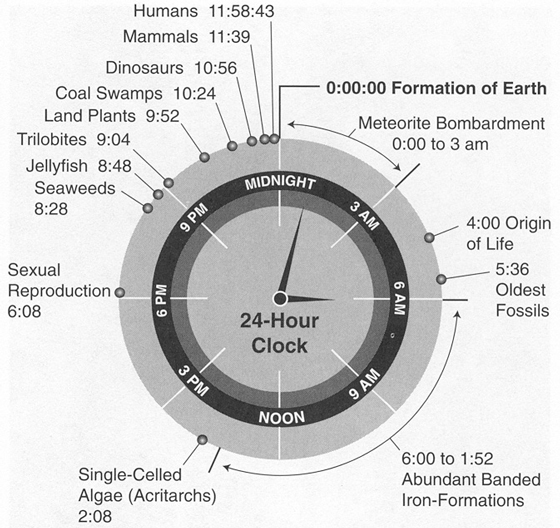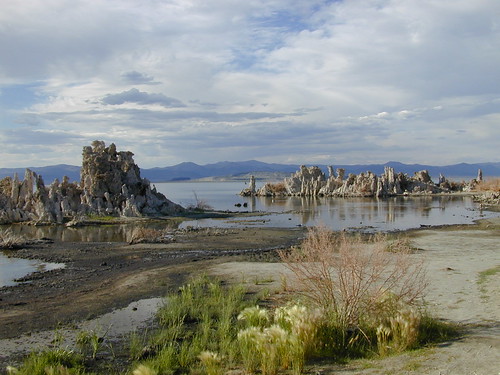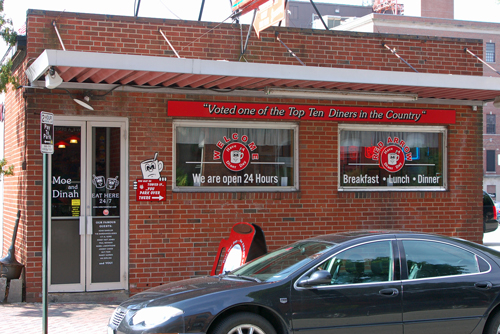Soufan is an Arab American born in Lebanon who applied to become an FBI agent on a bet with college friends. None of them imagined the Bureau would want a foreign born native Arabic speaker. But in the mid-1990s, it did and the new special agent was assigned to the New York office. Like many immigrants, he especially valued our historic freedoms:
He also was fascinated by exotic figures he had learned about from reading Arabic language newspapers; while still in college he made a sort of hobby following the activities of a Saudi millionaire named Osama bin Laden. While still an FBI trainee he wrote a memo about bin Laden's declaration of war against the United States and was transferred into the New York taskforce that had worked on the 1993 bombing in the World Trade Center underground garage. When al-Qaeda bombed U.S. embassies in Nigeria and Tanzania in 1998, he was among the New York team that digested the work of on-the-ground investigators. Later he was sent to Yemen to investigate the 2000 bombing of the U.S. destroyer Cole. That investigation led to the FBI becoming aware that a clandestine meeting had taken place in Malaysia involving only partially known persons and possible plots. Despite repeated requests, they were unable to get the CIA to share what they knew of this; in hindsight Souffan claims that if bureaucratic rivalries and suspicions had been overcome, the 9/11 plot probably would have been foiled. When he first learned, while still in Yemen, of the 9/11 attacks, his reaction was to sit in the lavatory and vomit, so sure was he that if information had been shared, all those people would have lived.While the Constitution and the Pledge of Allegiance may perhaps seem largely symbolic to many Americans, to those of us who have have lived with alternatives, they are filled with meaning. I know that the protections offered therein are very necessary.
After 9/ll, as one of the U.S. government's few Arabic speakers, an experienced interrogator, and an expert on al-Qaeda, Souffan was a busy guy indeed, debriefing the numerous men seized in Afghanistan and elsewhere in the hunt for terrorist plotters. Because he understood the intricacies of their organization and could imagine the mindset of those prisoners who turned out to be members of the group (many were just innocents who had been in the wrong place at the wrong time), Souffan reports he repeatedly won admissions and genuine information. He always sought practical intelligence that would enable the U.S. government to foil any plans and also built legally viable cases again conspirators that could be used to convict them in court.
This kind of legal case-building rapidly came to be treated as foot-dragging by the higher ups in the Bush administration who became enamored of crack-pot ideas spun by contract psychologists of breaking the captives through coercion. Holding suspects in freezing cold rooms, led to locking them in stress positions while bombarding them with noise, led to water-boarding -- and the prisoners stopped providing any meaningful information, no matter how much they jabbered. Souffan maintains that al-Qaeda prepared its adherents to expect truly grotesque tortures from Middle Eastern dictatorships: rape by dogs for example. No wonder the modulated torments so favored by Dick Cheney and Donald Rumsfeld only led them to lie and/or clam up. And the torture "techniques" rapidly spread from Guantanamo to Iraq and Abu Ghraib, helping to ensure the failure of our rulers' Mesopotamian adventure. Souffan and the bureau eventually walked out, refusing to adopt the new torture practices, and thus depriving the anti-terrorism effort of the people who had the most knowledge of and experience with actual threats. The book makes it abundantly clear that some in the CIA and the Bush Administration hated Souffan for blowing the whistle on intelligence failures -- and for having been better at protecting U.S. citizens than they were.
The story of all this drama as Souffan tells it is actually pretty dry. It's easy to get overwhelmed by the volume of unfamiliar names and their complex connections. He's building a case here in this book and that object determines its structure, even when he shares memories of the anger and frustration he felt over his own government's many missteps and misdeeds.
As the book was ready to go to press, already cleared of classified and confidential information by the FBI, the CIA weighed in with demands for Souffan to excise additional material. Rather than hold up publication, his publisher went ahead and released the book with the contested bits printed but blacked out. Souffan claims that the material the CIA forbade is either already in the public domain, unclassified, or improperly classified to prevent Agency embarrassment. Some of the redactions are transparently absurd. For example, they made him black out one sentence of a nationally televised exchange with Senator Lindsay Graham. If complaints through FBI channels don't relieve him of these CIA requirements, he knows his preferred remedy.
Once again Souffan is painstakingly building his case, placing his faith in the law.…if they fail in their duty, I plan to compel disclosure of the redacted information through legal means.
This book is not light or even gripping reading. Rather it is a very dry, detailed, and workmanlike narrative of one man's experience in the United States' shameful lost decade post 9/11. That's probably what we should hope for from a law enforcement officer, not bombast, speculation, or posturing.
































